Clinical Chemistry

Low Folate Levels Can Indicate Malnutrition in Hospital Patients
Folate deficiency, also known as vitamin B9 deficiency, is a low level of folate and derivatives in the body. Signs of folate deficiency are often subtle. A low number of red blood cells (anemia) are a late finding in folate deficiency and folate deficiency anemia is the term given for this medical condition. More...04 Mar 2020
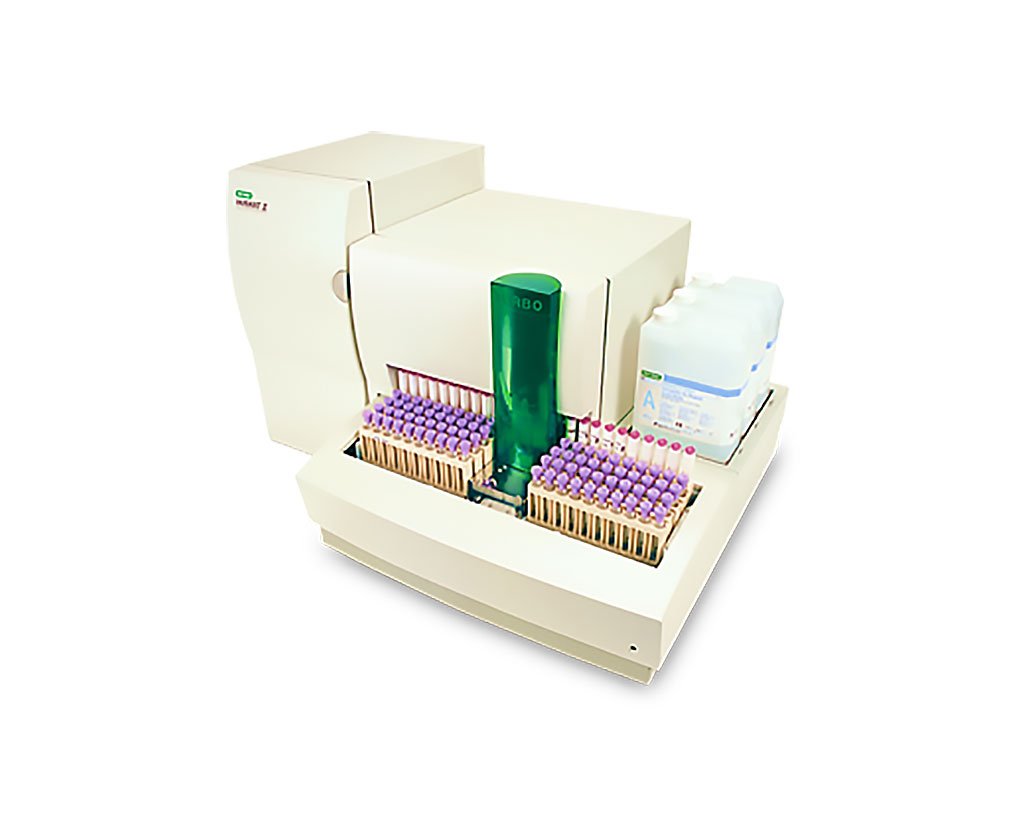
Proenkephalin Assesses True Glomerular Filtration Rate Accurately
The assessment of renal function in clinical practice remains challenging. Using creatinine to assess the glomerular filtration rate (GFR) is notoriously inaccurate, and determination of the true GFR, such as using inulin or iohexol, is laborious and not feasible in daily practice. More...02 Mar 2020
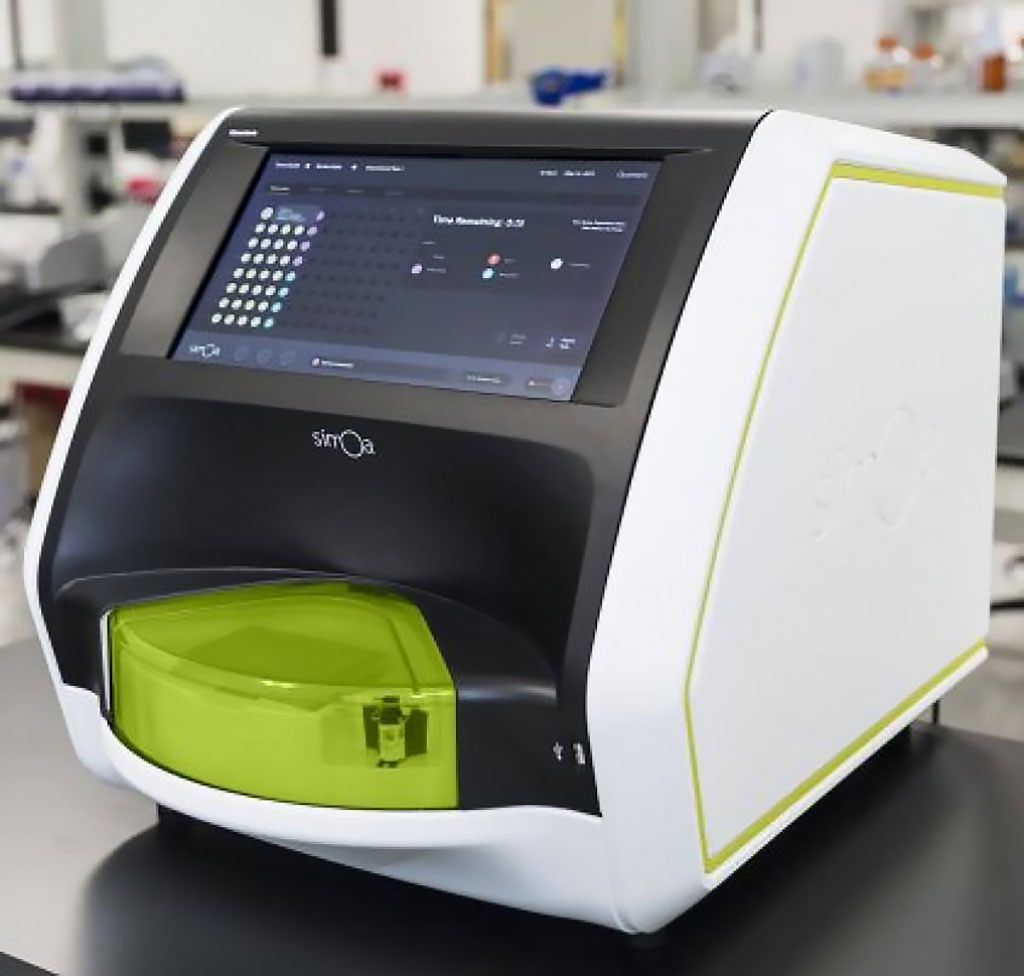
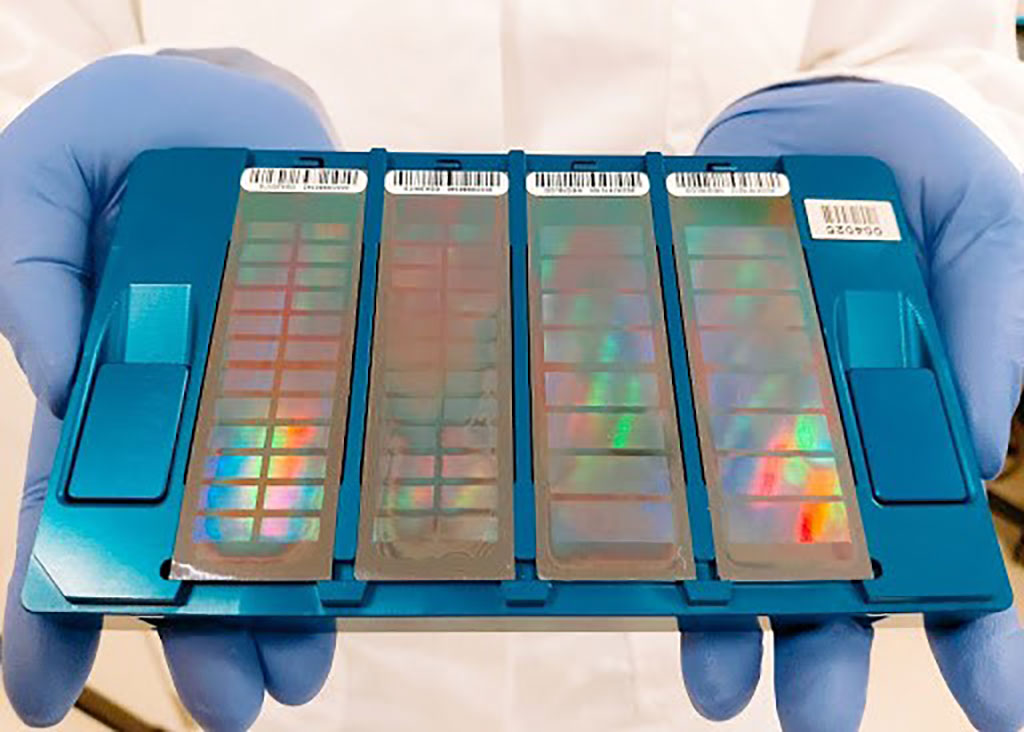
Genetic Risk Factors Found in Gestational Diabetes
Gestational diabetes mellitus (GDM) is a common pregnancy complication affecting 6%–15% of pregnancies globally. Although the condition resolves after delivery in most cases, women with a history of GDM have a more than sevenfold increased risk of developing type 2 diabetes (T2D) compared with women with a normoglycemic pregnancy. More...26 Feb 2020
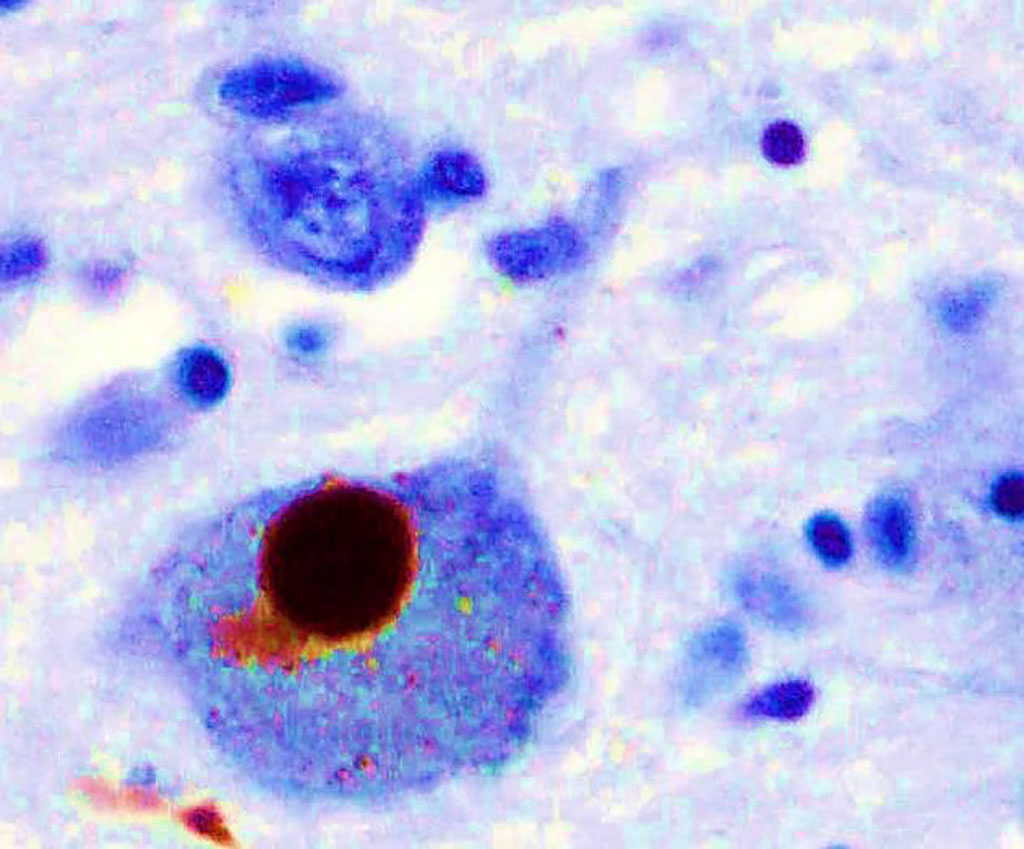
Technology Discriminates Parkinson’s Disease from Multiple System Atrophy
It is challenging to distinguish between Parkinson’s Disease and Multiple System Atrophy (MSA) because the early signs are similar, disturbances in movement, tremors, uncontrollable movements during sleep, impaired speech, but the diseases progress differently and can require distinct treatment plans. More...19 Feb 2020
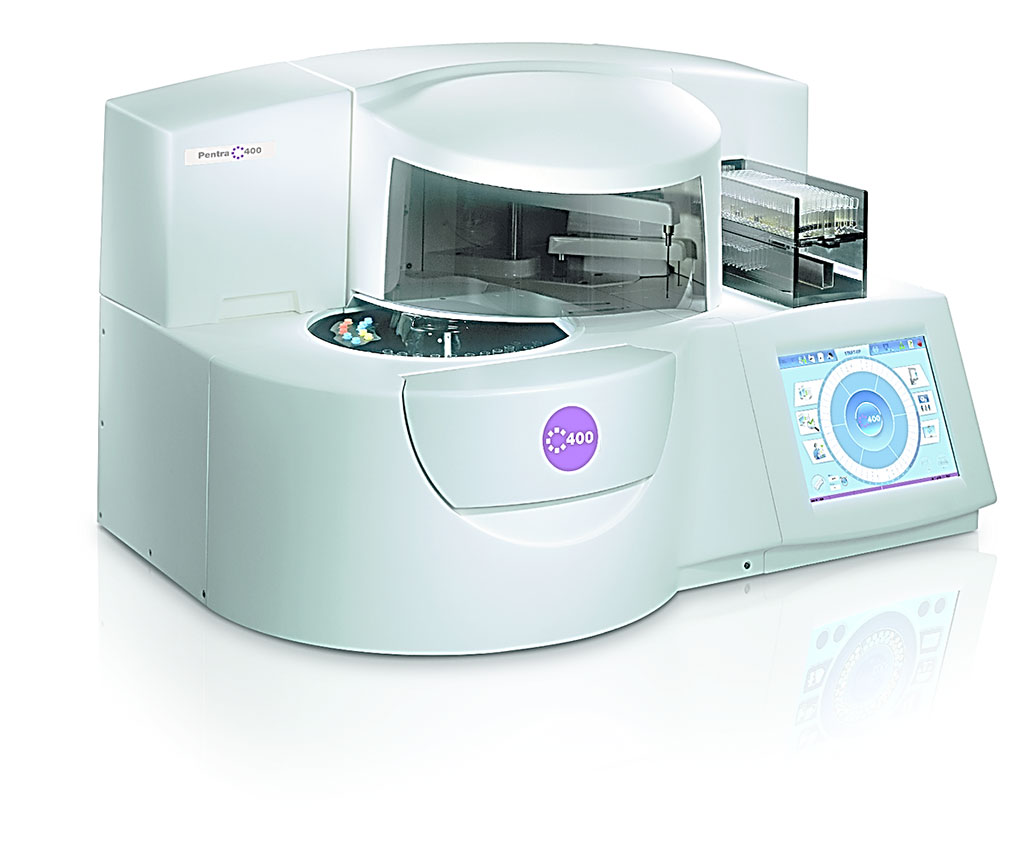
Glycemic Markers Influenced by Chronic Kidney Disease
Chronic kidney disease (CKD) is estimated to affect about 10% of the general adult population and is even more prevalent in diabetic patients. It is estimated that 20%–40% of individuals with diabetes have moderate to severe CKD, ranking diabetes as the leading cause of end-stage renal disease (ESRD) and an important risk factor for morbidity and mortality in dialysis patients. More...18 Feb 2020
In Other News
Islet Autoantibody Screening Reveal Pediatric Type 1 Diabetes Risk
D‐dimer Levels Predict Ischemic Stroke in Infective Endocarditis
Optical Biosensor Reduces Time for Sepsis Diagnosis
Direct Oral Anticoagulants Determined by RDT in Urine Samples
Biomarkers Identified for Delirium Risk and Severity
Ovarian Cancer Protein Contributes to Alzheimer`s Disease Neurodegeneration
Semi-Automatic Isoelectric Focusing Evaluated for Apolipoprotein E Phenotyping
Urinary Method Detects Toxin Exposure from Harmful Algal Blooms
Metabolic Syndrome Associated with Increased Blood Clot Recurrence Risk
Molecular Characteristics of Leptomeningeal Melanoma Metastases Identified
Higher Female TSH Associated With Lower Mannan-Binding Lectin
Cardiac Blood Test Predicts Post-Surgical Outcomes
Rapid Diagnostic Test for The Detection of G6PD Deficiency Evaluated
Presepsin Concentrations Predicts Commensurate Decline in Kidney Function
Biochemical Markers Affected by Adiposity in Children
Hepatic Dysfunction and Coagulopathy Quantified in Fatal Dengue Fever
Value and Use of Urinalysis for Myoglobinuria
Novel Point-Of-Care Procalcitonin Assay Performance Analyzed
Three Factors Distinguish MODY, a Rare Diabetes, in Youth
Pulmonary Embolism Diagnosed by Improved Interpretation of Blood Tests
Marker Panel Detects Early Liver Cancer with Increased Sensitivity
Blood Sphingolipidomics Associated with Lupus Cardiovascular Comorbidity
New Biomarker Discovered for Cancer Stem Cells
The Clinical Chemistry channel updates the reader on tests, techniques, and research in the field - from routine assays to specialized tests on blood, urine, enzymes, lipids, hormones and more.










